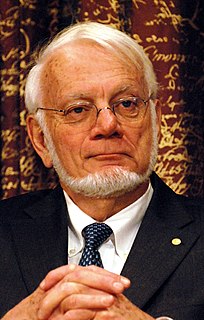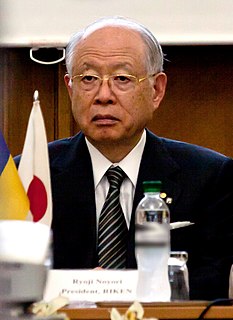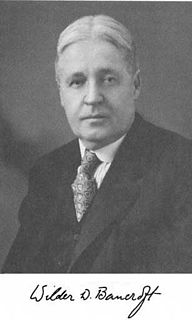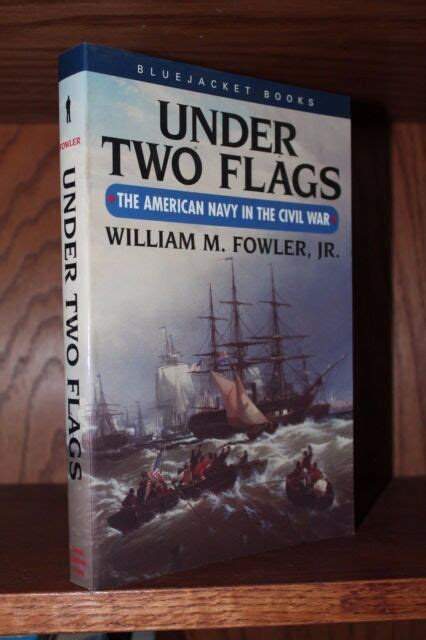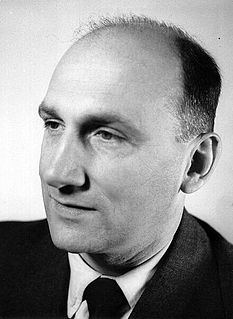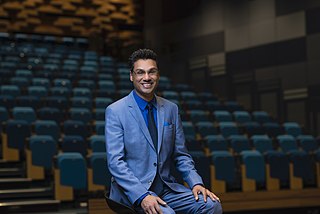A Quote by Wolfgang Paul
I grew up in Muenchen where my father has been a professor for pharmaceutic chemistry at the university. He had studied chemistry and medicine, having been a research student in Leipzig with Wilhelm Ostwald, the Nobel Laureate 1909. So I became familiar with the life of a scientist in a chemical laboratory quite early.
Related Quotes
In my own house I rigged up a laboratory and studied chemistry in the evenings, determined that there should be nothing in the manufacture of steel that I would not know. Although I had received no technical education I made myself master of chemistry and of the laboratory, which proved of lasting value.
In 2008, the Nobel Prize in Chemistry was awarded for work done on a molecule called green fluorescent protein that was isolated from the bioluminescent chemistry of a jellyfish, and it's been equated to the invention of the microscope in terms of the impact that it has had on cell biology and genetic engineering.
America has had the best university system in the world for a long time. And so we have been innovators, not only in the discoveries as proven by Nobel Prizes in chemistry and physics and that sort of thing, but we've been able to put that into practical application with new gadgets that people admire.
Ostwald was a great protagonist and an inspiring teacher. He had the gift of saying the right thing in the right way. When we consider the development of chemistry as a whole, Ostwald's name like Abou ben Adhem's leads all the rest ... Ostwald was absolutely the right man in the right place. He was loved and followed by more people than any chemist of our time.
I am a passionate reader, having been tutored very early by my mother. I avidly devoured all books on chemistry that I could find. Formal chemistry at school seemed boring by comparison, and my performance was routine. In contrast, I did spectacularly well in mathematics and sailed through classes and exams with ease.
By the end of the millennium, despite the continuing excitement of the field, almost thirty years of a detour from chemistry to medical imaging began to pall, and I changed my focus to a field of chemical research, just in time for my past to catch up with me in the form of a Nobel Prize. All detours should be so productive!



